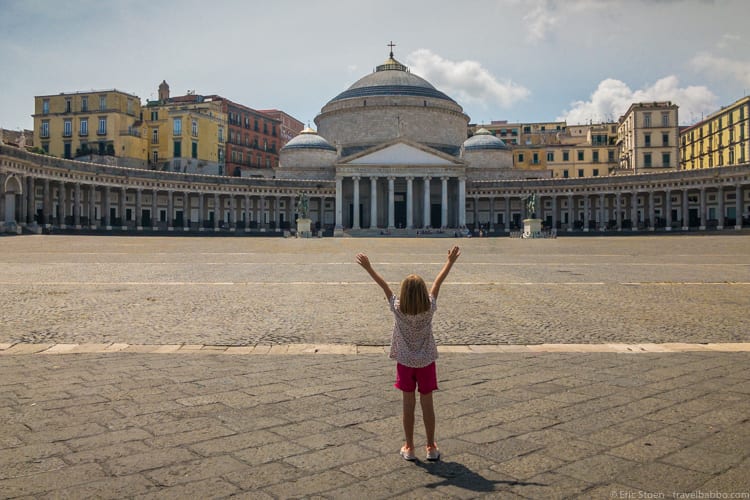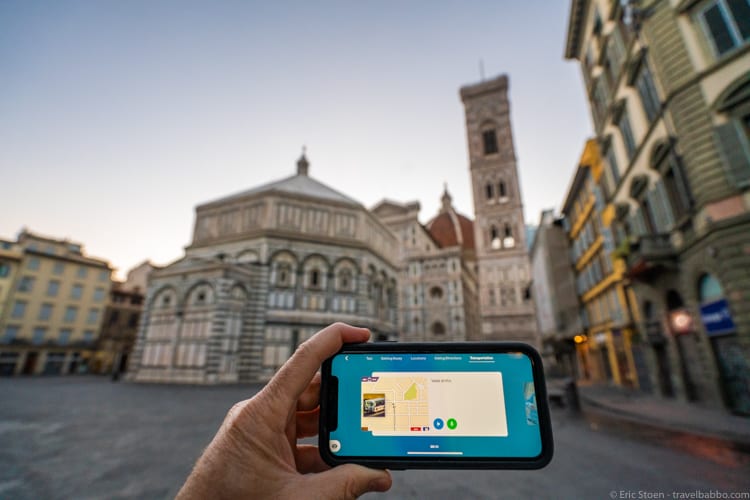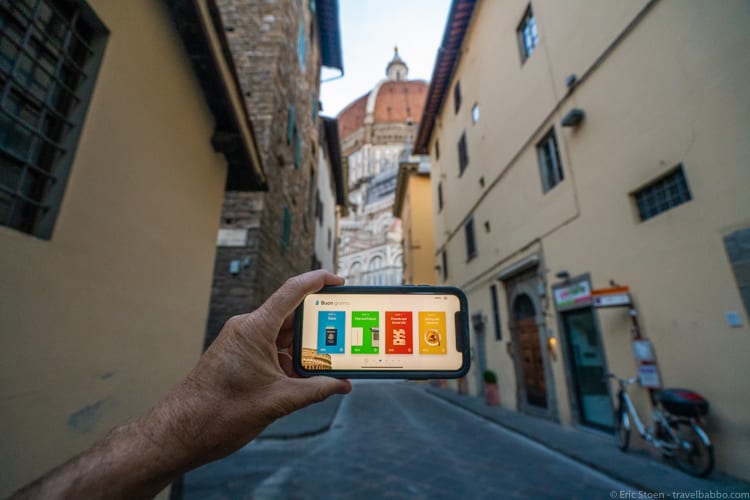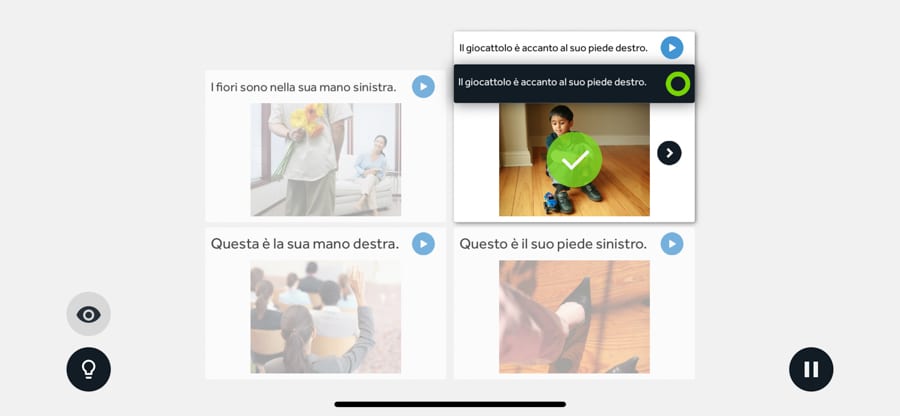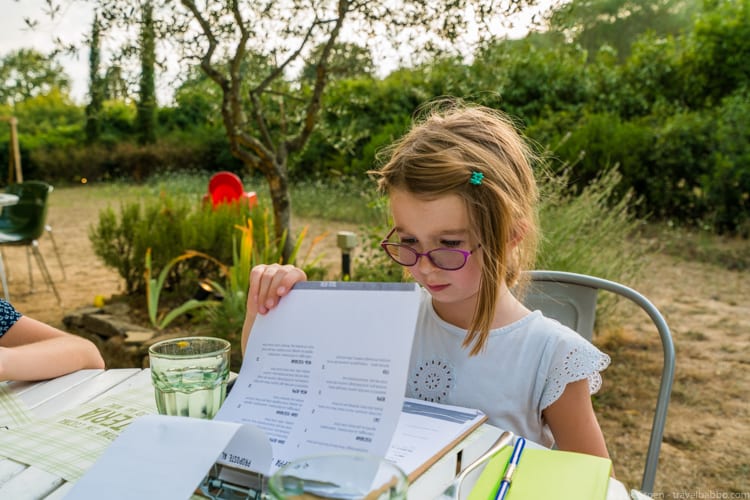2020
2020 isn’t going to be on anyone’s shortlist of favorite years. That doesn’t mean it’s a lost year though. For every cancelled trip, concert and sporting event, there was an opportunity to enjoy a slower way of life, and plenty of time to improve ourselves.
In Southern California we were locked down from mid-March to mid-May, and then we (safely) went on several road trips, seeing a lot of amazing places that are far closer to us than Europe. We used the down time to walk a lot and explore our neighborhood. We also worked out, read and started watching movies regularly for the first time since our kids were born. And I used the time to work on my Italian.
Italy
If you’ve followed me for a while, you know that I love Italy. I studied in Florence in college and have returned almost 40 times since then, many times with kids. My Italian was decent when I was living in Florence, and it comes back to me a little when I return, but really I’ve lost most of it. And that annoys me, because it’s important to speak foreign languages.
The Importance of Speaking the Local Language
English-speakers have an advantage when traveling, given that English has become the de facto language of tourism around the world. If Japanese tourists travel to Austria, English will likely be the language that they have in common with shopkeepers. But that doesn’t mean that Americans should be lazy. We’ve emphasized to our kids that we want them to try – to at the very least learn to say “please”, “thank you”, “hello”, “good bye”, and “I would like” wherever we go, and ideally numbers as well, and actually use them. But we also want them to go farther than that and develop proficiency in another language or two. Fortunately for them, they can do that in school. We can’t.
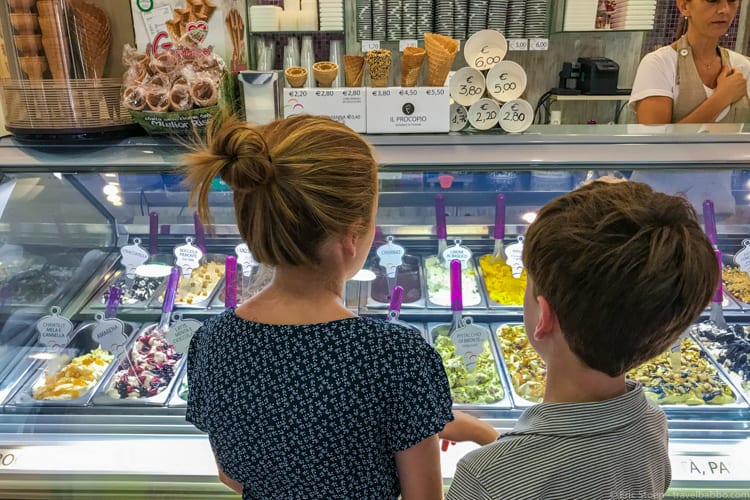
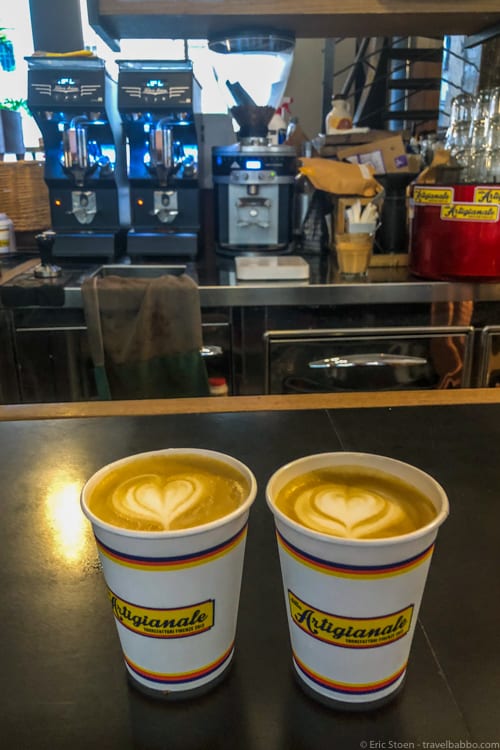
Learning Languages in 2020
Many years ago we invested in Rosetta Stone language CDs in French and Italian and used them a little, but when we purchased new computers without CD drives, the language disks gathered dust on our shelves. So I loved when Rosetta Stone reached out two years ago about a partnership and I had an excuse to dive into its language app. I spent that summer in Europe working on my Italian whenever I had time – on planes, during downtime, or even while waiting for the checks at restaurants (which takes forever). Rosetta Stone allows you to download lessons in advance, so it can be used anywhere, even without connectivity.
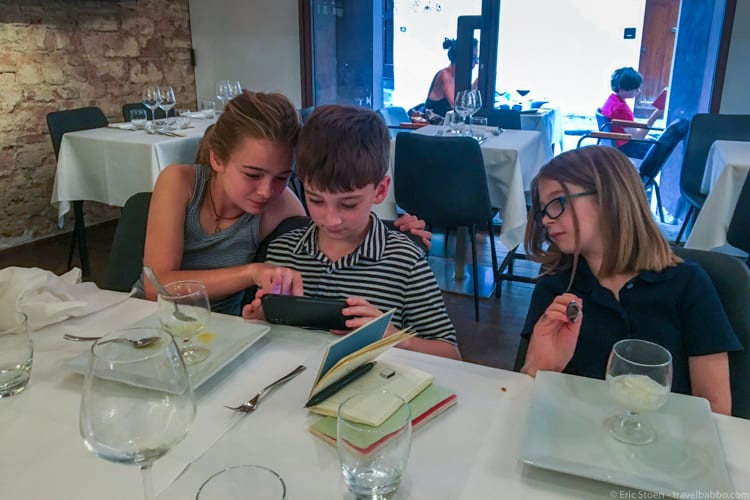
The learning experience was excellent, and my time in the app paid off. I’ve returned to Italy four times since that summer, including hiking through rural Tuscany on the Via Francigena, and I’ve been better able to communicate everywhere I’ve gone.
Fast forward to 2020. I had a trip to Florence cancelled in March, and at this point my next planned trip to Italy isn’t until May 2021, and I don’t want to lose my Italian again. So I jumped back into Rosetta Stone.
I love how slowly the Rosetta Stone software takes me through learning Italian – and I mean that in a good way. It feels the same as if I were living in Italy, picking up the language by listening, learning and speaking. I’ll go through lessons for hours and then realize how much more there is to do. Rosetta Stone Italian has 20 units. Each unit has 29-31 lessons. Each lesson takes 5-10 minutes. That’s a lot of hours! But that’s what you need. I love the repetition and the progression, from basics to shopping and travel to dining and emergencies, so that you can get by fairly quickly, but then really delve into the vocabulary that you would need for real-world situations. And I love the pronunciation practice. I’ve always spoken Italian with an American accent. The software doesn’t let me get away with that! It’s making me better. (Note: you can turn off the pronunciation mode so that you’re not actually talking out loud when others are around).
This year I initially continued with the units, but then I started Rosetta Stone’s six-week “Basics and Beyond” course, which has been excellent for, well, getting back to the basics. It requires 30 minutes a day, and I make sure that I block out that time. I head to my hammock in the backyard and concentrate only on Italian for half an hour. It’s not as nice as being back in Italy, but it’s good for keeping me in an Italian frame of mind!
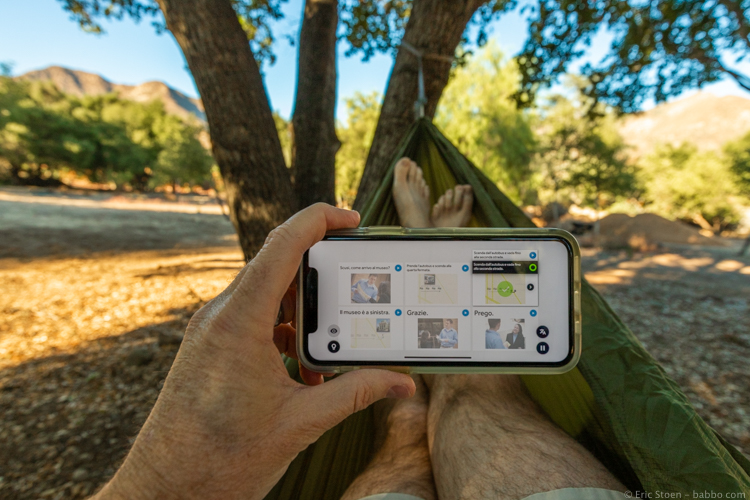
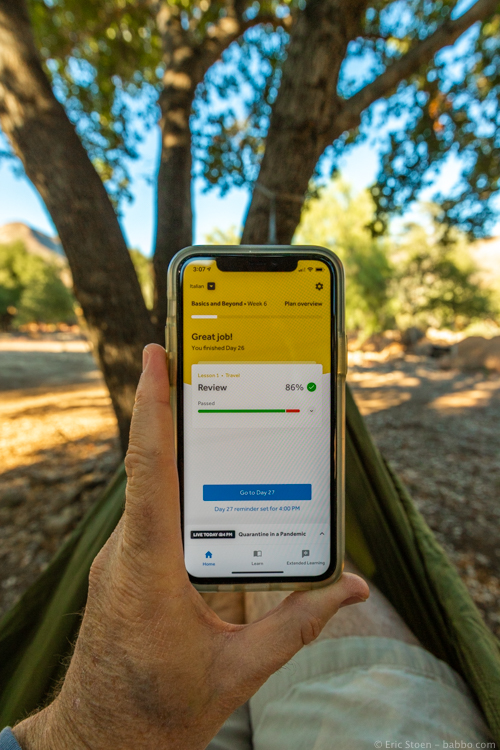
Have you been working on your foreign language skills during this pandemic year? And how do you make sure that your kids speak some of the local language when traveling?
Note: This post was sponsored by Rosetta Stone. All content is mine. I love their products!


